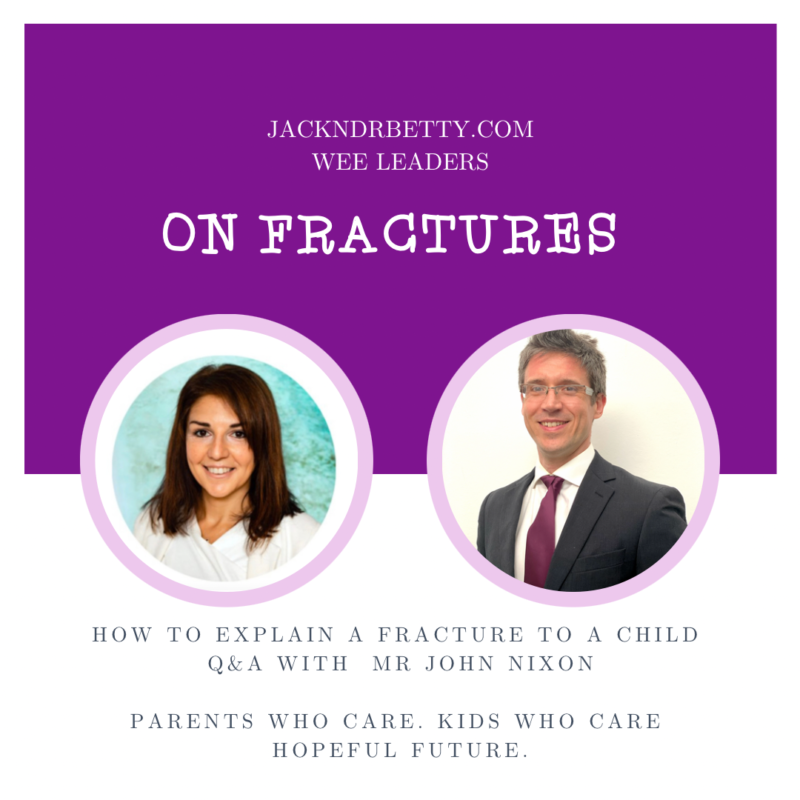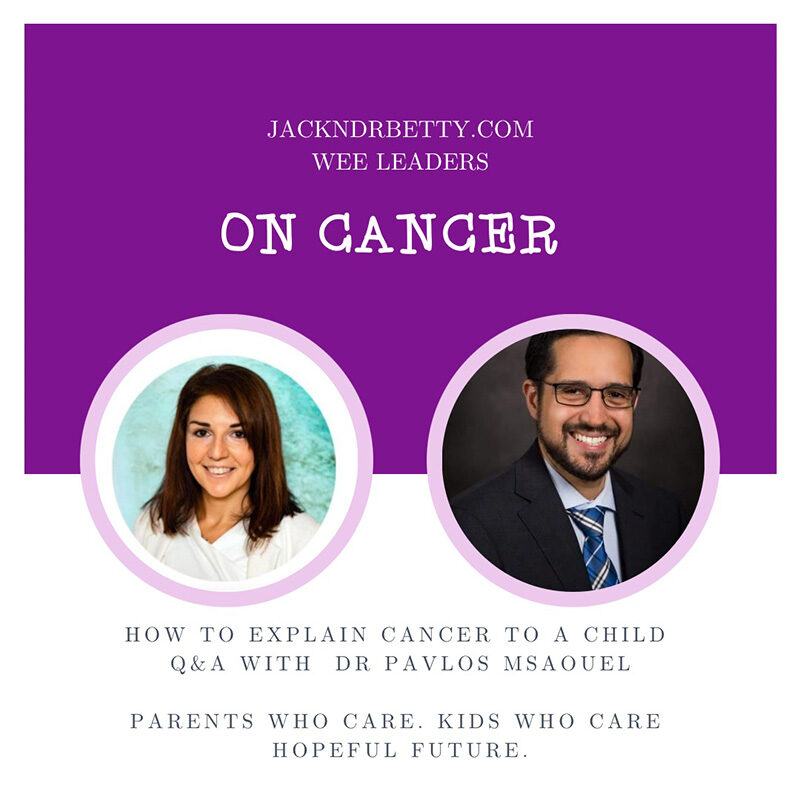
Dr Ioanna Nixon, MPH, PhD, FFMLM, FRCR
Consultant Oncologist and Executive Coach
“Mom, can I tell you what happened at school today?
Z sprayed me in the eyes with her perfume in the library”
“X keeps calling me names in the playground. I am stupid he says. An idiot. Am I an idiot? He also says he might be my friend if I stop being a “nobody”
In the era of millions of campaigns to promote kindness, compassion, acceptance, equality, and diversity, we all live in an anti-bullying society, right? However, bullying and harassment at schools is still happening. Which begs the question, what can we as parents do to support a child who is being bullied, and the child who the bully is. Yes, you heard me right, a bully needs to be supported, as behind these disruptive behaviours there might be underlying issues that need to be tackled.
Bullying happens when an individual or a group of people repeatedly and intentionally cause harm to another person, who is unable to avoid being targeted. Harm can take many forms: physical, emotional, mental. It has many forms, from hitting, name-calling, rumour spreading, threats and more…How one experiences bullying and harassment differs based on their age. To a child, a bully can make “being in the library”, “being in the playground”, “taking the school bus”, “walking back home from school” a deeply hurtful experience. This can have a cumulative effect, leading to negative impact on one’s self-esteem, self-worth, confidence, and sense of safety. It can profoundly affect a child’s wellbeing.
Profile of a bully
Let’s look at the anatomy of the bully’s behaviours. Why are they bullying others?
This can be due to a variety of reasons, such as:
- The need to find a victim to gain more sense of control, power. Feel more powerful; Feel more important; feel stronger.
- A response to how they are being treated or have been treated. Some bullies have experienced bullying in their family environment, where this is “normal” behaviour. They automatically think they can do this to others.

What can we do as parents to help our kids? Easier said than done, but here is a survival guide:
Comfort and support your child
Active listening: listen in a non-judgemental, compassionate way. Pick up on the verbal and non-verbal signs.
Powerful questioning: ask open questions. “How did that make you feel”, ”What would the ideal outcome be”, “What do you think you can do”, “How would you like me to help?”. These questions will help your child gain a sense of control, autonomy, as well as a better understanding of the situation.
Reassurance: reassure your child they are not the problem. It is not their fault they are being bullied.
Let school know
Teach your child how to deal with bullying: yes…this is not easy, but we are not meant for easy, are we? So, tell your child to:
- Fight or flight? is often the question. Based on the profile of a bully, flight is best. Avoid the bully.
- Manage your emotions: anger is what the bully is after. Your reaction. The impact. Don’t fall for it.
- SPEAK UP: be assertive and address this behaviour when it happens. In the here and now. Be courageous to STAND UP FOR YOURSELF. Tell the bully to STOP.
- Be assured you are not defined by the treatment you receive by the bully. Don’t try to find excuses for their behaviour
“maybe I am an idiot, therefore I deserve being called that” ,
“I am uncool, so I deserve this”.
They are the problem, not you!
- Speak to an adult. Discuss what is happening. Don’t be afraid to share. There is nothing to be ashamed of.
As parents we can and ought to play a big role in the way we raise our children. I have head people saying: I would rather raise a bully, than a victim…Which takes us to perceptions about power, strength, balance…
We should ask ourselves: what is the example I set for my child? How do I present to the world?

Unsure how many of you watched “Wonder”. I recommend you watch this with your kids. Auggie is a 10 year old child, born with mandibulofacial dysopstosis, a rare facial deformity. He has been home-schooled, but now his parents decide to enrol him to school. Auggie is being harassed at school by a popular child, till a teacher notices and reports this to the head of school. The head of school takes action, collects evidence and asks the bully and family to have a meeting with him. The mother of the bully defends her sons actions by stating that a child like Auggie with facial deformity should not be in that school, as her child cannot stand looking at them. Head of School suspends the bully, who, despite the mom’s stand, truly apologises to Auggie.
So, how do we, as parents want to present to the world? Are our children more “entitled” than other kids to the point we raise bullies? How do we teach them to be kind and assertive?
We are hugely accountable for how we raise our children. So, a question to you today:
How do you present to the world?
Click here to buy online and download the book “Dare to Dream Big”
Dr Ioanna Nixon is a senior oncologist in Glasgow, UK. She specialises in sarcomas and her research focuses on novel cancer therapies, quality of life and clinical innovations. She has led the Scottish Sarcoma Network since 2015 till early 2022and is the Cancer Innovation Lead for the West of Scotland. She is an honorary clinical senior lecturer at Glasgow University and an academic at Strathclyde Business School, researching on health policy and leadership. She is also an executive coach, specialising on resilience, leadership, and wellness.






No comment yet, add your voice below!